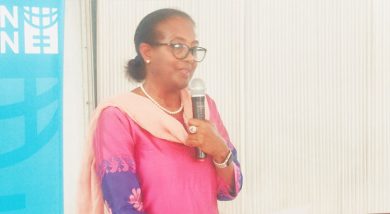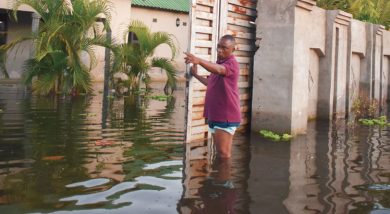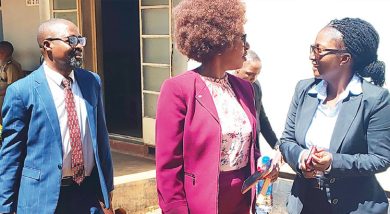Malawi new budget to review FISP
- Expenditure control, recruitment freeze among hot issues
Review of the Farm Input Subsidy Programme (Fisp) ranks among the daunting tasks Malawi’s Minister of Finance, Economic Planning and Development Goodall Gondwe faces as he prepares the projected K900 billion 2015/16 National Budget for presentation to Parliament next month.
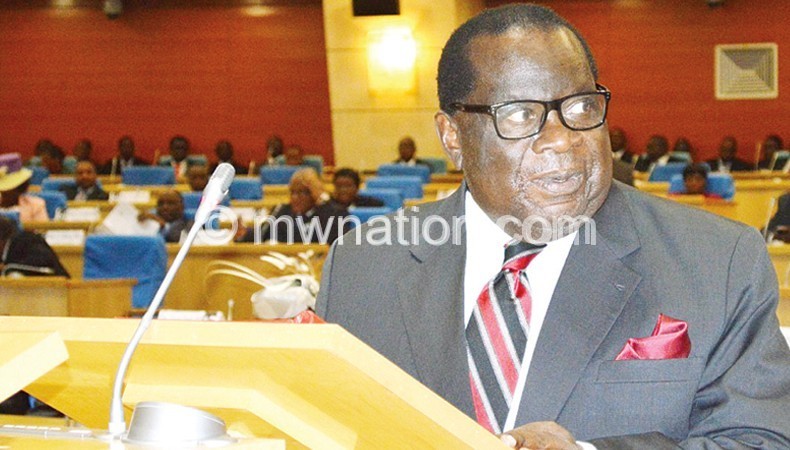
Gondwe himself realises the challenges ahead and has described the upcoming budget as “difficult to sell” as it will have to implement proposals from the International Monetary Fund (IMF) which told the government to reduce the ratio of domestic debt to gross domestic product (GDP) and control expenditure.
Ministry of Finance spokesperson Nations Msowoya, in an interview yesterday, said Gondwe’s budget is set to address issues about Fisp’s efficiency, the possibility of freezing recruitment in the civil service as proposed by the Public Sector Reforms Programme chaired by Vice-President Saulos Chilima and introduction of a contributory pension scheme where government is expected to put in between K17 billion and K20 billion after placing the policy on hold last year.
Besides expenditure controls, the 2015/16 budget pressure points include how to deal with under-collection by the Malawi Revenue Authority (MRA) to finance the estimated K900 billion budget in the face of continued donor aid freeze on the recurrent budget where, so far, only the African Development Bank (AfDB) has indicated it would provide budgetary support in the region of K8 billion.
The lack of budget support and MRA undercollection has seen government underfunding most of its departments, piling up domestic debt that has pushed up interest rates and crowding out private sector participation in the money market.
Further complicating the cocktail of pressure points are demands by civil servants for a pay hike.
Parliament spokesperson Leonard Mengezi said President Peter Mutharika would open the 2015/16 budget meeting of Parliament on Monday, May 4 after which a programme would be released of when Gondwe would present his financial plan.
During yesterday’s interview, Msowoya could not comment on whether Gondwe would discard the zero-aid budget policy, but he confirmed that the AfDB would be releasing about K8 billion in the 2014/15 fiscal year.
He said: “We are also optimistic that the World Bank will give us support, but not in this financial year. The government is committed to reducing expenditure and reading from what was launched in the Public Finance Management Reform Programme, the hallmark is to tame expenditure and wastage.”
Going by the Public Finance Reform Programme launched by Mutharika a fortnight ago in which he bemoaned the undermining of public finance management frameworks by politicians and government officials, Msowoya said walking the talk would form the backbone of the 2015/16 budget.
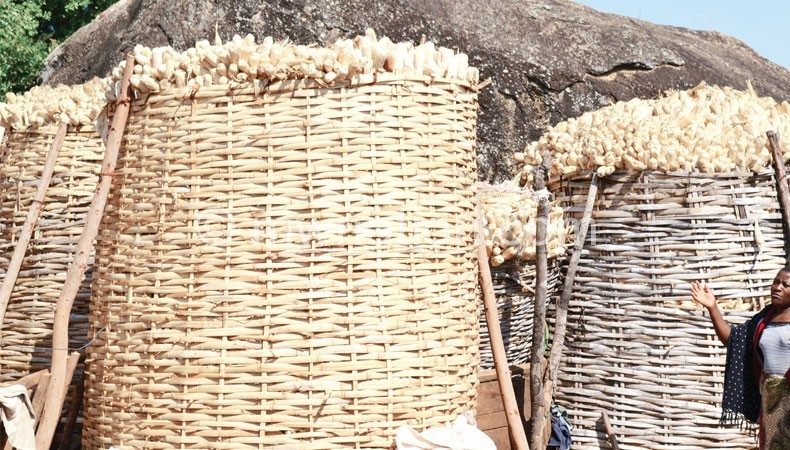
In reaction to Msowoya’s hints on possible review of Fisp, the Malawi Economic Justice Network (Mejn) has proposed an exit strategy for the subsidy programme, suggesting an increase in the contribution from farmers from the current three percent to 30 percent of the market value which will translate to K6 000 per 50 kilogramme (kg) bag instead of the current K500 coupon redemption price.
In the 2014/15 budget, Gondwe allocated K50.8 billion towards Fisp which made members of Parliament (MPs) to dub the Ministry of Agriculture, Irrigation and Water Development the “Ministry of Subsidy”.
The Ministry of Agriculture, Irrigation and Water Development in total was allocated K142 billion in the budget, before the allocation was adjusted upwards by K10 billion during the Mid-Year Budget Review in January 2015 to nourish replanted fields where crops were washed away by raging floods. This supplementary amount raised the total Fisp budget for the year to K60 billion, representing about eight percent of the national budget.
Said Mejn executive director Dalitso Kubalasa: “If government can increase contribution from people to at least 30 percent, government can release resources to other areas even in the same agriculture sector. Input subsidy is meant to help the poorest and we can do that using social support policies.”
Mejn proposed that immediate gains from an increased contribution from farmers could be allocated to the Agricultural Development and Marketing Corporation (Admarc) to buy produce for sale in all its markets nationwide so that vendors and middlemen do not take advantage of Admarc’s absence.
Mejn also proposed that in the 2015/16 budget, a more viable option for partial or full devolution of drug procurement should be considered to improve access to drugs by district health offices (DHO) who use four months worth of drugs because funding is not available at the district council on time or drugs are not available at Central Medical Stores Trust (CMST).
Economist and country director for Innovation for Poverty Action (IPA), Thomas Chataghalala Munthali, said government faces the huge task of mobilising adequate resources and implementing programmes such as Fisp at minimal cost.
He proposed that resource mobilisation could be done through increasing excise tax on items such as alcohol, cigarettes and luxuries like furniture and fancy cars.
“For resource mobilisation, increase in corporate taxes generally should be avoided given that firms need to be given space to grow, but excise tax can be metted,” Munthali said.
He also stressed the need to have an export products niche for Malawi within agriculture such as legumes and rice while government facilitates formation of cooperatives along the greenbelt that should be linked to corporate/private sector firms.
Reacting to proposals for the review, Senior Chief Kwataine of Ntcheu said it is a welcome development considering that K500 for a 50 kg bag of fertiliser does not bring returns to government.
Said the chief: “Increasing the contribution to at least K5 000 would be welcome. Some beneficiaries of subsidy do not take the programme seriously because they are investing very little. K500 is not even the price of a chicken, how can it be the price of a bag of fertiliser?”
Fisp exit strategy has been a hot issue among stakeholders.
Last year, the Economics Association of Malawi (Ecama) said its calculation showed that government could save K22 billion in the implementation of the programme if the cost of buying fertiliser could be equally shared with beneficiaries.



